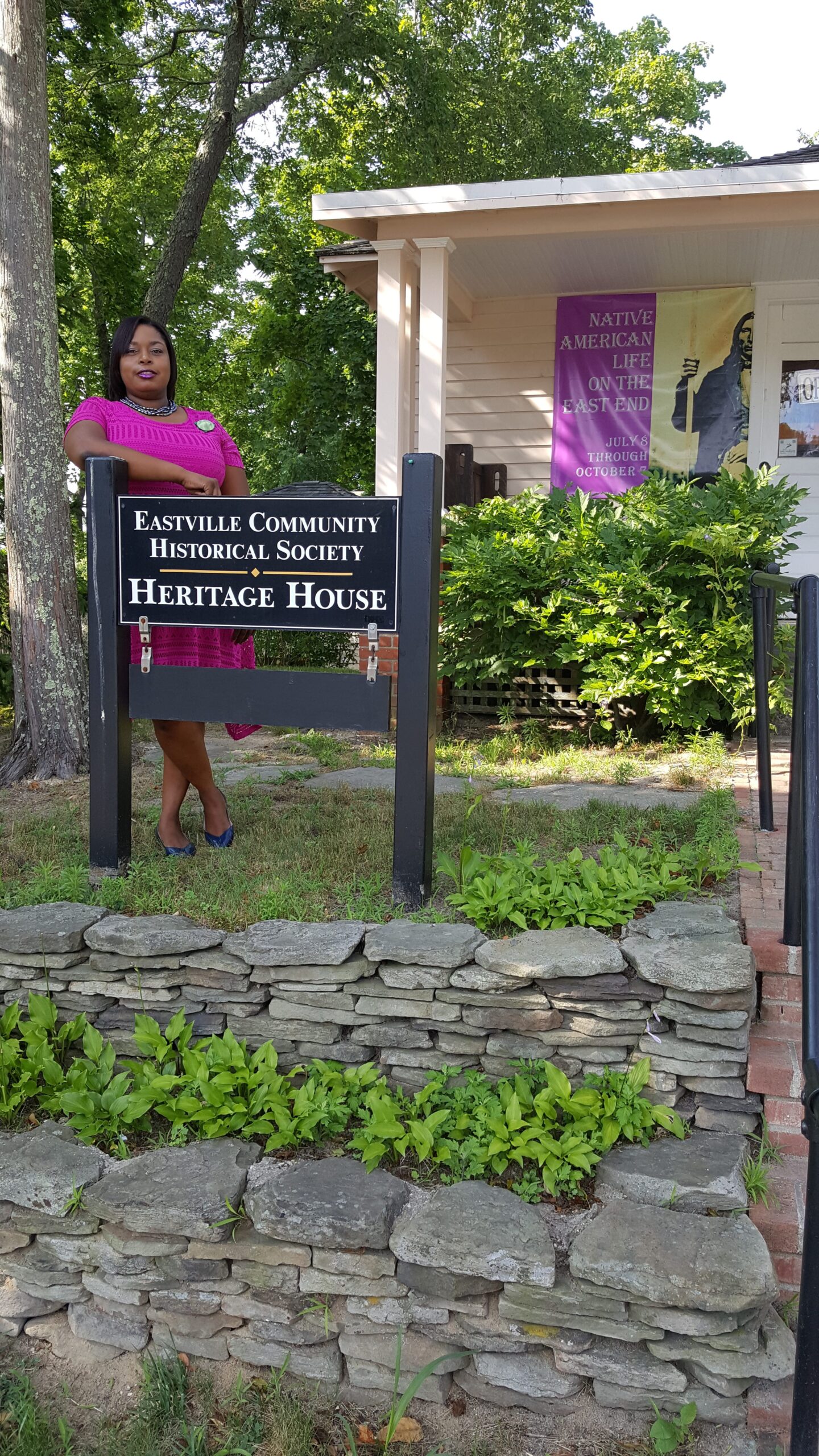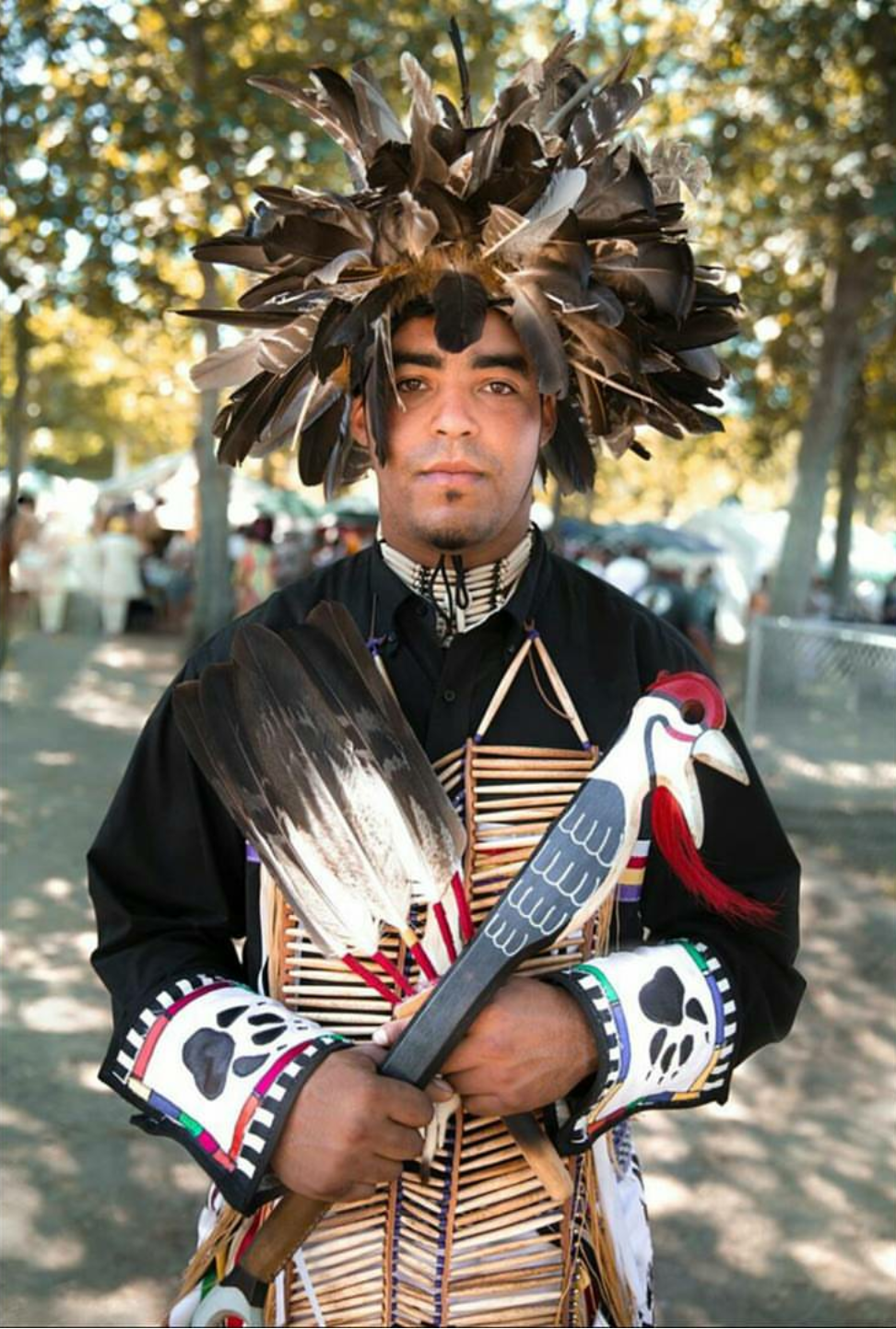
The capsulation of black history into a single month is at once impossible and a necessary attempt, as the American story cannot be told without also telling the story of African Americans. Jazz music, which is perhaps the ultimate American music, has roots in blues, gospel, and bluegrass, genres that can all be traced back to Africa. It’s a universal, unifying language that transcends race.
Yet, regardless of political climate, the trials of racism throughout history have endured. What Dr. Georgette Grier-Key says is different today is the dissemination of information. “It’s always been here, there have always been these macro aggressions,” explains the executive director of Eastville Community Historical Society. “But now, many people are being enlightened and educated; they’re much more aware.”
“Lift Every Voice: A Celebration of Music, Culture and Tradition” will explore the intersection and interconnections of various musical genres, and the merging of culture and tradition. Converging old and new in leadership, history, and celebration, Sylvester Manor Educational Farm and Eastville Community Historical Society are partnering for this fourth annual Black History Month celebration at Bay Street Theater to bring together a culturally diverse panel of musicians to reflect on these topics.
Tracy McCarthy joined Sylvester Manor Educational Farm in a newly created position as the director of operations. Responsible for day-to-day tasks, she supports Sylvester Manor’s newly appointed executive director, Stephen Searl, as he focuses on the big picture and strategic goals of the organization. “A critical aspect of my job is to help integrate the ongoing work and provide the organization with the administrative support that a rapidly growing organization like Sylvester Manor Educational Farm needs,” McCarthy says.
Sylvester Manor’s vast history is also at the core of their work. “As the organization continues to grow, both in staff and programs, having a strong, reliable and adaptable foundation that everyone is involved in is critical to our success,” McCarthy says, sharing that strengthening the infrastructure of the organization, encompassing everything from technology to educational programs, will be an essential change.
“We are always trying to connect people to the diverse cultures that have made Sylvester Manor and Shelter Island their home throughout history, ranging from Native Americans, the first European settlers, African slaves, indentured servants, Quakers, with the traditions, art, music and food of these cultures,” Searl explains. “One of the primary goals here at Sylvester Manor is to make this rich history come alive, whether at our historic Manor house and grounds, or through our programming, music and cultural events.”
Searl strives to bring educational programming to the broader community by partnering with other organizations, while also reflecting Sylvester Manor’s mission to preserve, cultivate, and share Shelter Island’s historic property. Grier-Key agrees collaboration and partnership is imperative, and something she feels both of their organizations do well together.
“We’re looking at intersections for what’s culturally significant,” says Grier-Key of the panel, which she will moderate. “You see these intricacies as it relates to culture and tradition, and we dissect where we differ, and where we agree.”
[caption id="attachment_76902" align="alignright" width="338"] Dr. Georgette Grier-Key. Courtesy Eastville Community Historical Society[/caption]
Dr. Georgette Grier-Key. Courtesy Eastville Community Historical Society[/caption]
Drummer and musician Shane Weeks, a member of Shinnecock Nation, feels representing Native American culture is important as it too has been suppressed for centuries. “As Native Americans, it was not up until very recently in history that our people were even allowed by law, threat of death and threat of extermination to acknowledge our own culture,” he explains. “We were not allowed to practice our ceremonies, speak our languages, sing our songs, etc.”
Weeks will be among the panelists discussing the social implications, politics, diplomacy, and civil society that reflect the diversity of music at the event, which will also include a musical presentation. For him, music is a vital part of Native American culture that is in many ways a form of prayer.
“The rhythm we use for us represents the people’s heartbeat,” Weeks shares. “[It’s] a way to unify us. As with most music, it can be a way to acknowledge an event, tell a story, love songs, community songs, contemporary songs and traditional songs. There are different styles of songs that represent different aspects.”
Panelist Henry Maxwell Letcher II agrees that music is like a heartbeat, universal and crucial to humanity, explaining that music is beyond color and category. This is something Letcher learned from his father’s first cousin, famed jazz musician Duke Ellington. Ellington, however, didn’t like to use the word “jazz.”
“In his day, jazz was a pornographic word,” Letcher explains. “[Ellington] didn’t want to associate his life’s work with that, but he also made a distinction.”
A drummer himself, Letcher admires Ellington’s work, recalling watching him come up with new arrangements before taking the stage with his band. “Ink was still wet on the paper when he would take the bandstand,” Letcher says with a laugh. When talking about African American history itself, he adds, “It’s like trying to take a slice out of time to see if you can illuminate some stuff folks are interested in. Sometimes it’s hard to cover a lot of stuff for this one day that happens. There’s a lot to it.”
[caption id="attachment_76903" align="alignright" width="972"] Shane Weeks. Courtesy photo[/caption]
Shane Weeks. Courtesy photo[/caption]
Despite an increase in mediums for society to speak out on, many often feel their voice doesn’t reach intended ears, according to musician Karl Schwarz. Citing outward conflicts of racial violence, and unethical judgement for societal action and differences, he finds similarities in modern society to periods on indentured servitude, genocide and slavery, and the struggles of low income communities in the United States.
Thinking of musicians that spoke to the troubles of their time, like the Reverend Gary Davis, Big Bill Broonzy, and Mance Lipscomb, Schwarz says blues music offers a beautiful expression and means of communication.
“This blues music still gives a voice to those otherwise unheard,” Schwarz says. “Inwardly, the broken hearted, the lonely. Outwardly, the overworked, the racially oppressed. To holler these troublesome feelings to and for the people is a complete albeit momentary freedom. It is an elation experienced through the blues.”
Schwarz’s personal inspiration as a blues performer is it’s drawing of attention to the truth rather than distraction from it. “It’s a full emersion and reflection of our daily lives rather than a debauchery clouding of reality as escape,” he explains. “Rather, blues confronts these troubles. It is not separate of our struggles but instead our response to it.”
Lift Every Voice: A Celebration of Music, Culture and Tradition will debut at Bay Street Theater in Sag Harbor on Sunday, February 25, at 2 p.m. Tickets can be purchased in advance at sylvestermanor.org for $15 or at the door for $20.